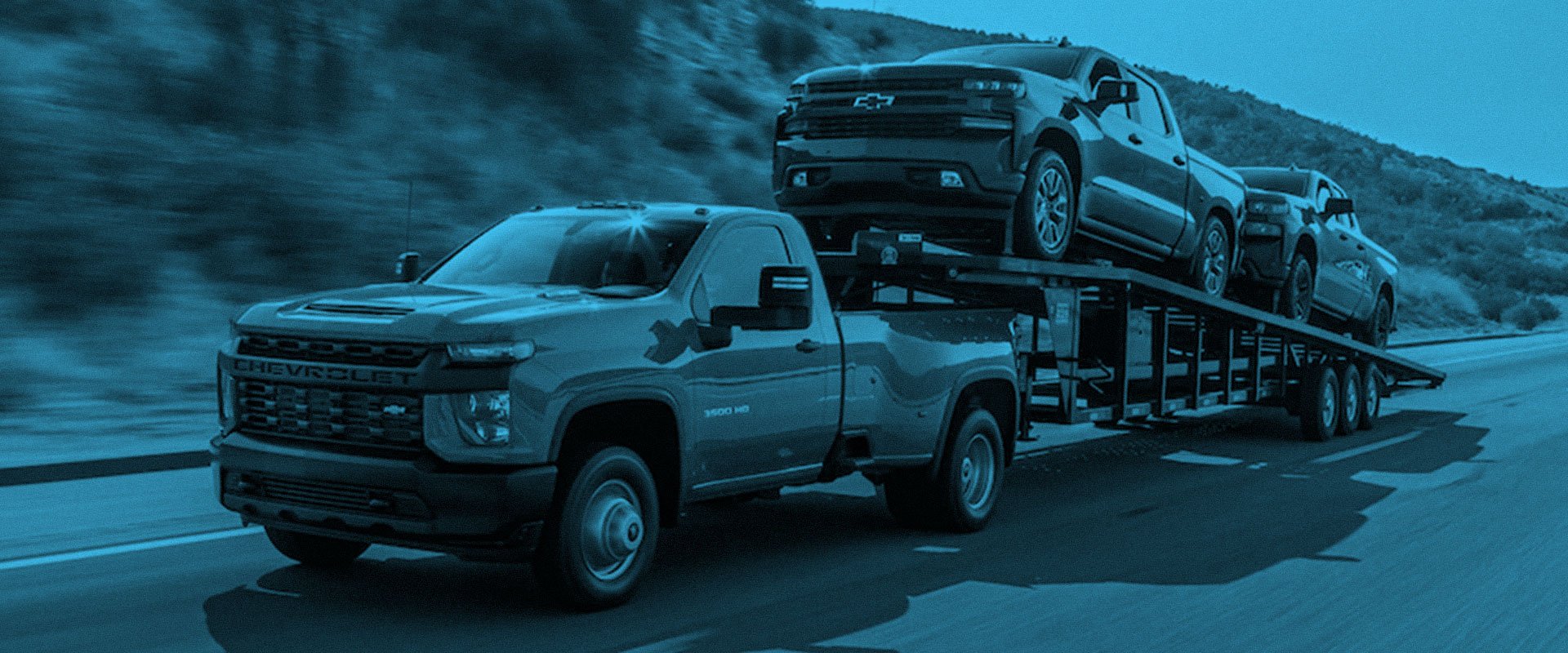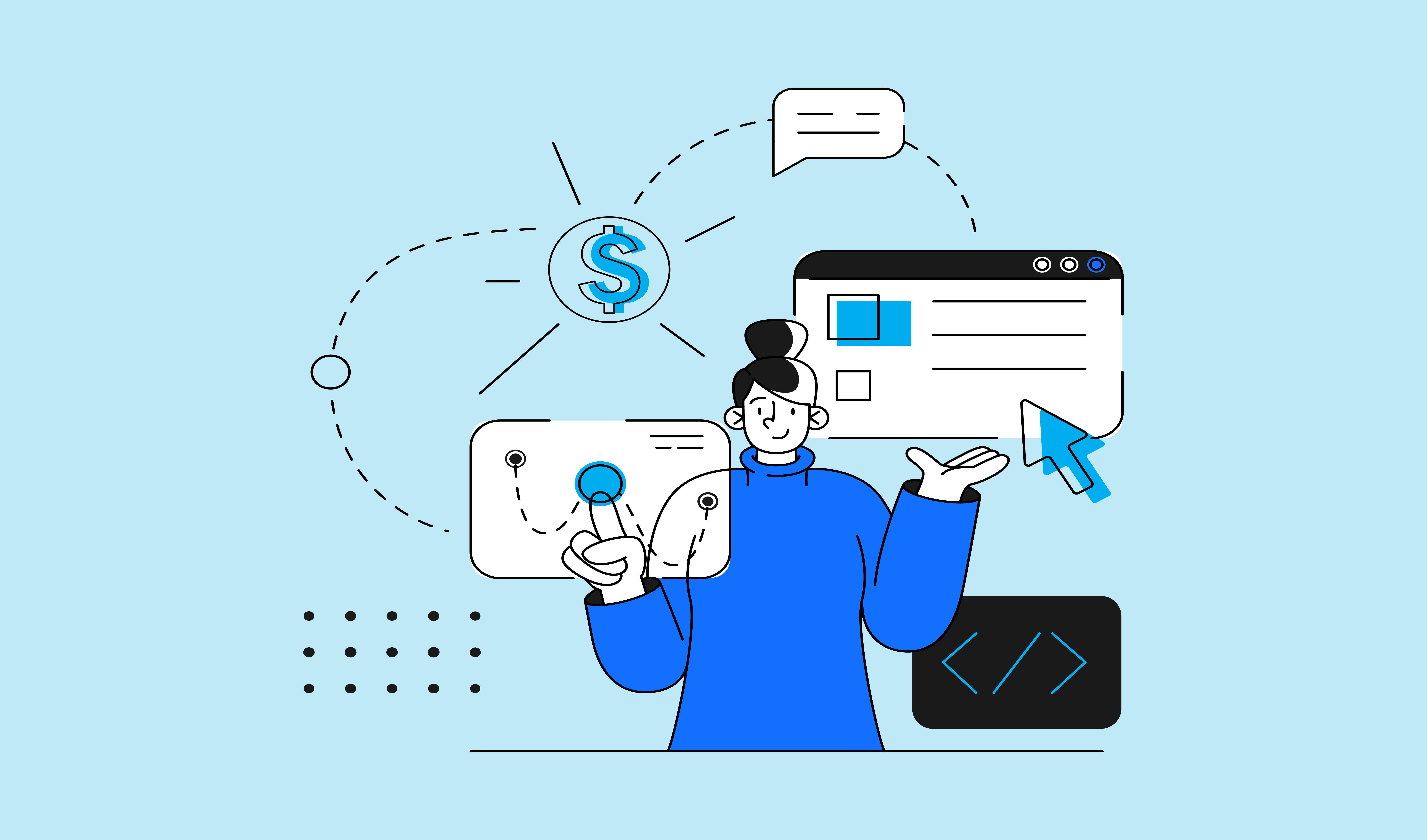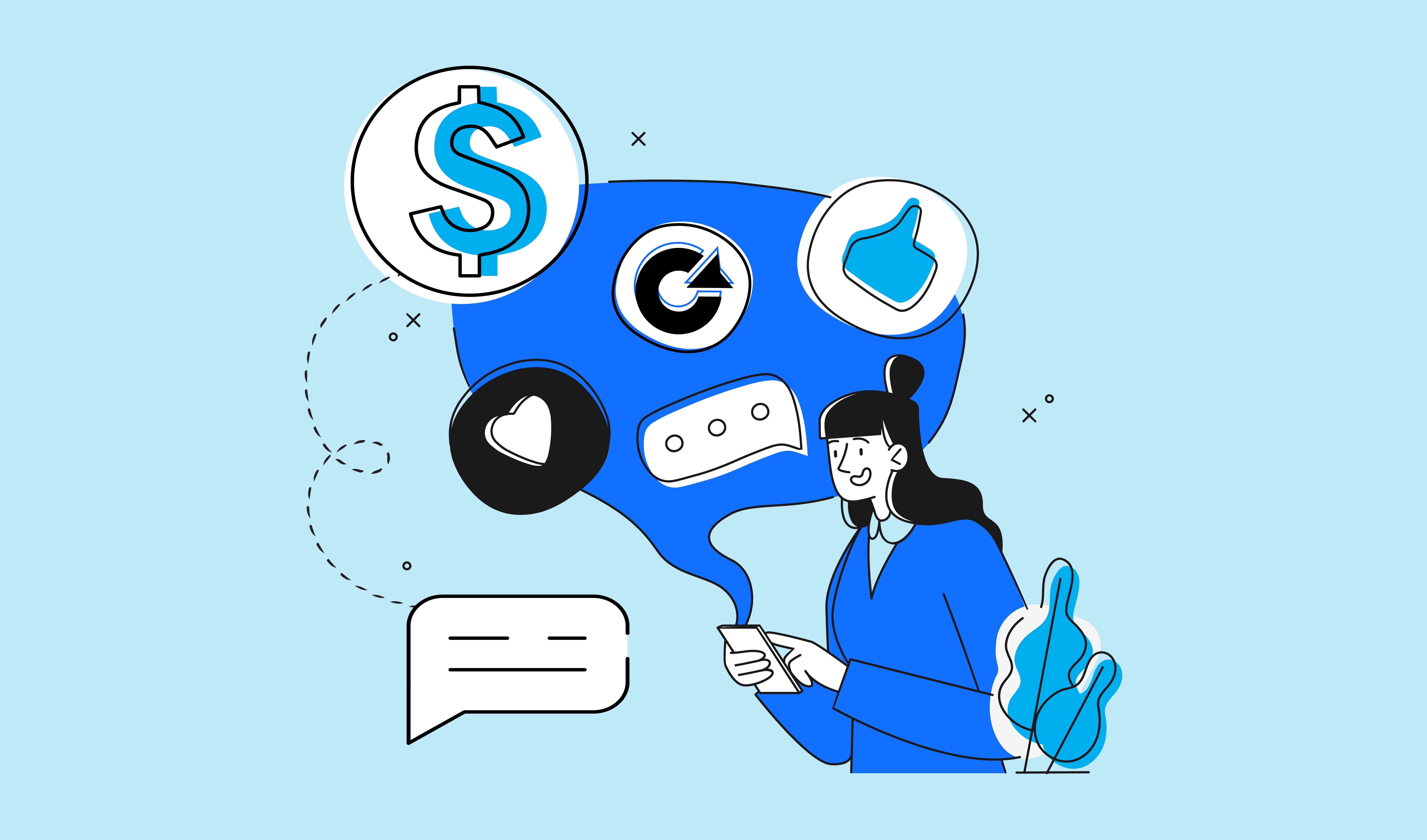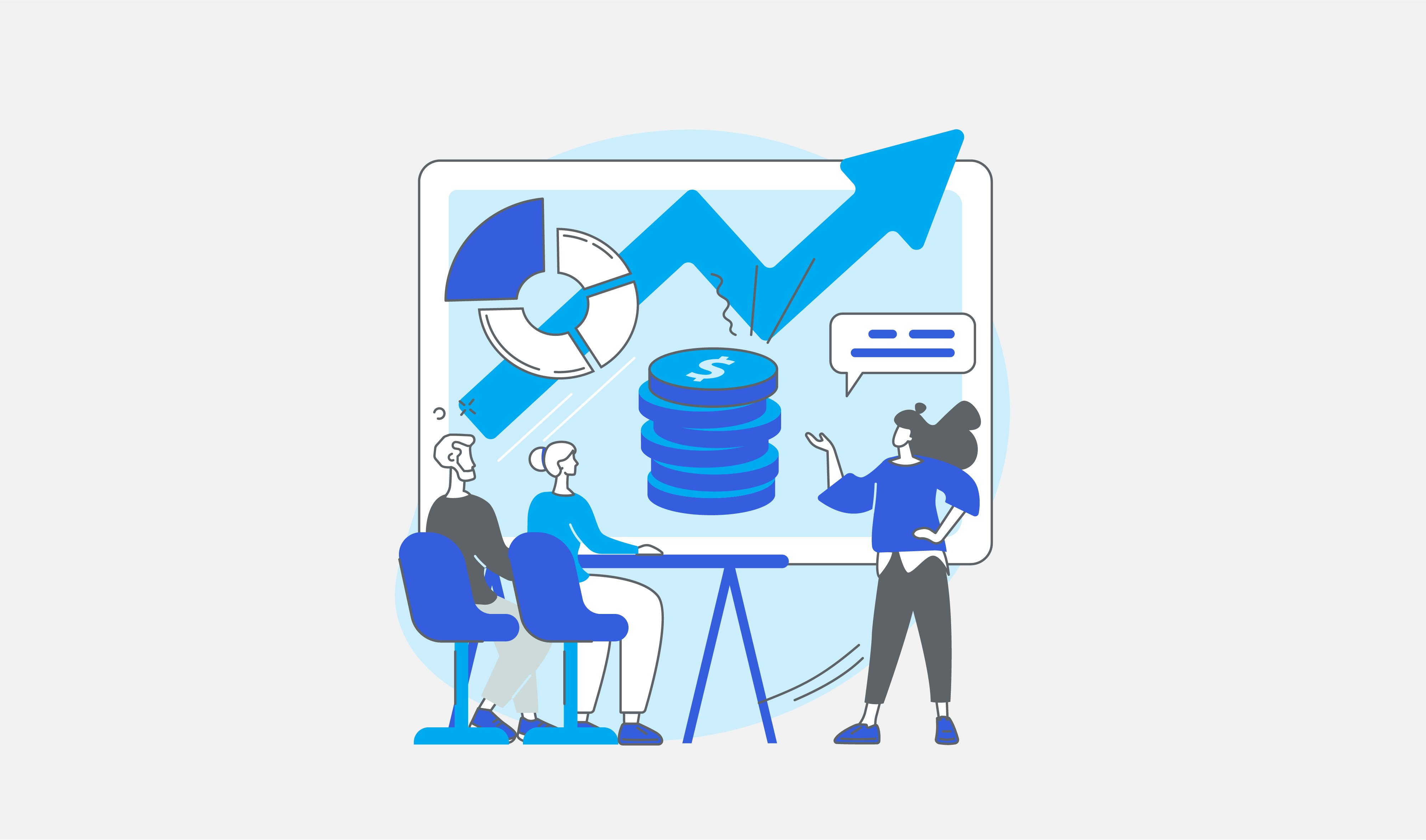
If you're a small business owner, chances are you've considered using a trailer for transporting goods or hauling equipment. But, like any other purchase for your company, it's important to get the right financing in place before committing to a certain option.
Here are some of the different types of financing options available when purchasing a trailer:
Commercial Leasing
Leasing is an option that allows you to get the equipment without having to pay for it up front. Lease payments are generally lower than loan payments, which means you can also qualify for a lease with less of a down payment.
Leases also tend to be easier to get than most other types of loans because leases are based on your income and not your credit score or history. That said, leases are sometimes less flexible when it comes time to sell the asset—but if your business isn't planning on selling their trailer anytime soon, leasing might be best.
Commercial leasing is especially good at generating revenue right away since there's usually no down payment required (or only a small one). Many businesses choose this route when they need equipment immediately but can't afford it all at once. You'll probably want this option if you have an idea, but still need some time before being able to get new equipment outright.
Asset-Based Lending
Asset-based lending is a way for small businesses to get financing by using the value of their property as collateral. This option can be appealing because it doesn't require you to put up your personal assets as collateral.
Asset-based lenders will look at a business's equipment, inventory, accounts receivable and real estate as possible collateral. The amount that you can borrow will depend on how much equity you have in these assets and how quickly they can be sold if needed.
Traditional Equipment Financing
Traditional equipment financing is a form of asset-based lending, which means the lender will be more willing to loan you money for your equipment if you have collateral. The most common type of collateral is real estate property, but it can also be personal property like cars or motorcycles.
This type of traditional equipment financing is ideal for businesses that have high credit scores and are able to secure loans with low interest rates. To get approved for an equipment loan, you'll need a good credit history and sufficient cash flow.
Working Capital Business Loans
Working capital loans are short-term financing options that allow you to access the money in your business account to pay for expenses. A working capital loan can be used for anything from paying bills, buying supplies, and hiring employees to funding marketing efforts or purchasing inventory.
To qualify, small businesses must have at least two years of operating history and an average revenue stream of $50K per year over those two years. They also need a current financial statement (i.e., balance sheet) and projections that prove they'll be generating enough income within six months of being approved by the lender.
The interest rates on these types of loans tend to range between 6% - 24%, depending on how much money you're looking at borrowing and your credit score (the higher your score is, the lower rate). Some lenders may also charge origination fees ranging from 1% - 5%.
Be sure to leverage the right kind of financing for your business needs.
If you're a small business owner, the last thing you want is to have to worry about being able to afford the trailer you need to keep your business running smoothly. The best way to ensure that doesn't happen is by getting the right kind of financing for your needs.
Once you've figured out what type of finance makes sense for your business, be sure that it also meets all of these key criteria:
- Amount: How much money does your company need? What kind of portion should be financed by outside parties versus self-financed?
- Term: How long do you want this loan or line of credit to last? Do short-term loans offer more flexibility than longer ones? Are there any penalties if they don't get paid off quickly enough? Do longer terms mean lower interest rates over time because they allow more time for interest payments before they're due again (and thus give lenders better odds at getting their money back)?
- Interest rate(s): Which rate(s) would work best under various circumstances—on both personal vs corporate loans as well as single vs joint ventures with partners who may have different backgrounds/abilities/risk profiles than yourself.
Conclusion
When it comes to financing your business, there’s no one-size-fits-all solution. But there are many options that can help you find a solution that works best for you. By taking the time and care to explore every possibility, you’ll be able to find a financing option that fits into your budget and grows with your business over time.
The content linked to clicklease.com has been compiled from a variety of sources and should not be considered the official position of Clicklease, its Employees or Officers. Data and opinions included are provided for convenience, may contain errors or omissions, and consequently should not be relied upon for making business or investment decisions. Clicklease encourages its site visitors to use the information provided at their own risk, and recommends visitors do their own direct research.
Related Articles
Equipment financing paves the way for small businesses to create jobs and contribute to economic...
Not all businesses have the finances to pay for their equipment upfront. If you offer a payment...








